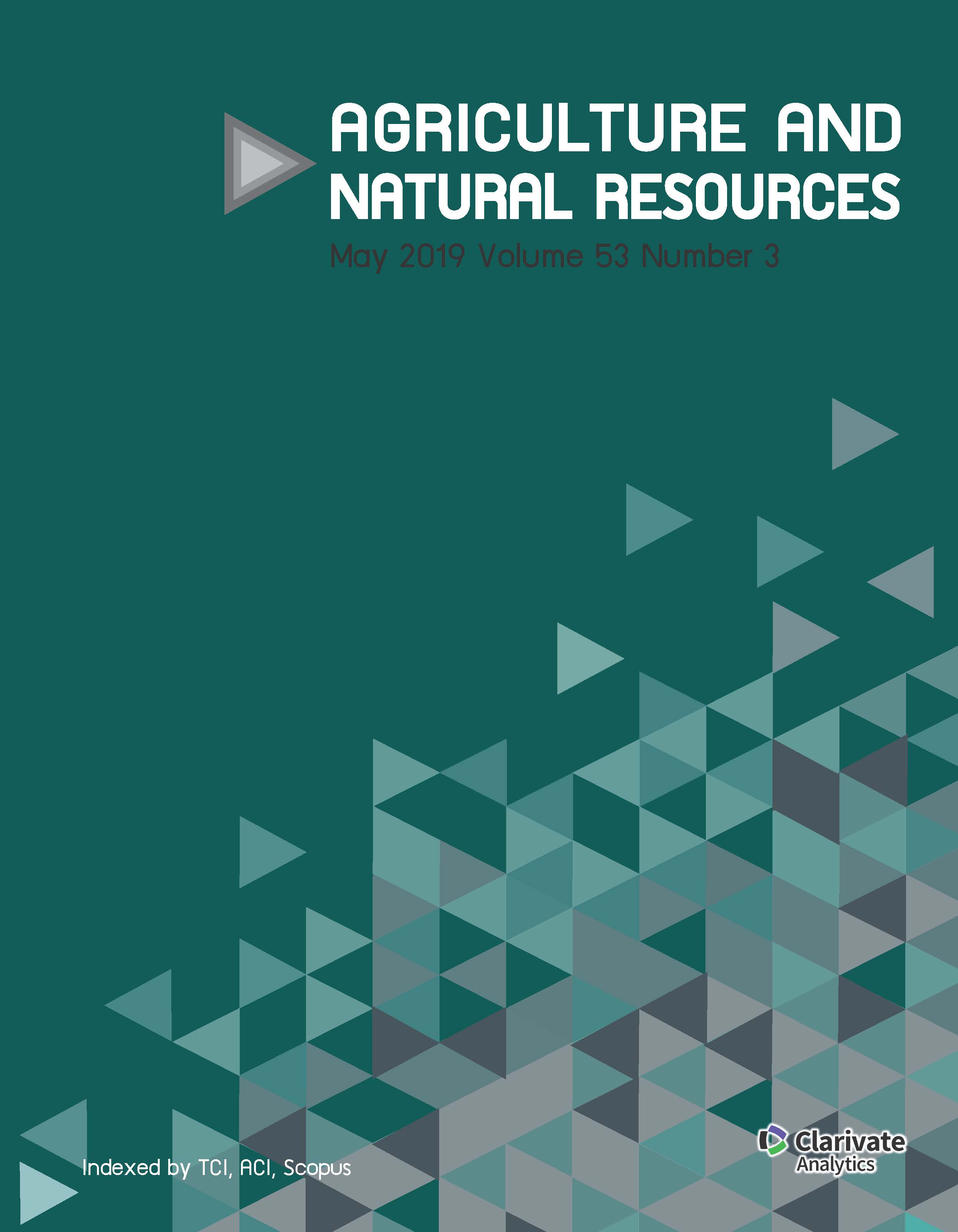Biochar influences nitrogen and phosphorus use efficiency of tomato and soil nutrients under groundwater and wastewater irrigation
Keywords:
Biochar, Nitrogen use efficiency, Phosphorus use efficiency, Soluble mineral phosphorus, Wastewater irrigationAbstract
Wastewater irrigation is a common practice in developing countries, while the application of biochar in agricultural lands is gathering momentum worldwide. However, it is not known how biochar and wastewater in concert influence the uptake and concentration of nutrients in plants and soil, respectively. The influence was investigated of biochar on the growth performance of tomato plants grown in pots and the concentration of mineral N and soluble P in soil under wastewater and groundwater irrigation. Two biochars (wood-derived and manure-derived) were applied to soil as 3% and 7% amendments and tomato plants were grown. Both biochar types tended to increase the aboveground and belowground biomass and water use efficiency of plants at the higher application rate under both irrigation treatments (p < 0.05). The N contents in plant tissues were significantly higher for almost all treatments of biochar application rate under both irrigation treatments while under wastewater irrigation, biochar significantly reduced the P contents. The nitrogen use efficiency and phosphorus use efficiency of plants tended to increase (p < 0.05) at higher biochar application rates under both irrigation treatments. Amendment using biochars increased the concentration of mineral N and soluble P at both application rates under groundwater irrigation while under wastewater irrigation, only the P contents were increased in response to both biochar types at both application rates (p < 0.05).
Downloads
Published
How to Cite
Issue
Section
License

This work is licensed under a Creative Commons Attribution-NonCommercial-NoDerivatives 4.0 International License.
online 2452-316X print 2468-1458/Copyright © 2022. This is an open access article under the CC BY-NC-ND license (http://creativecommons.org/licenses/by-nc-nd/4.0/),
production and hosting by Kasetsart University of Research and Development Institute on behalf of Kasetsart University.







